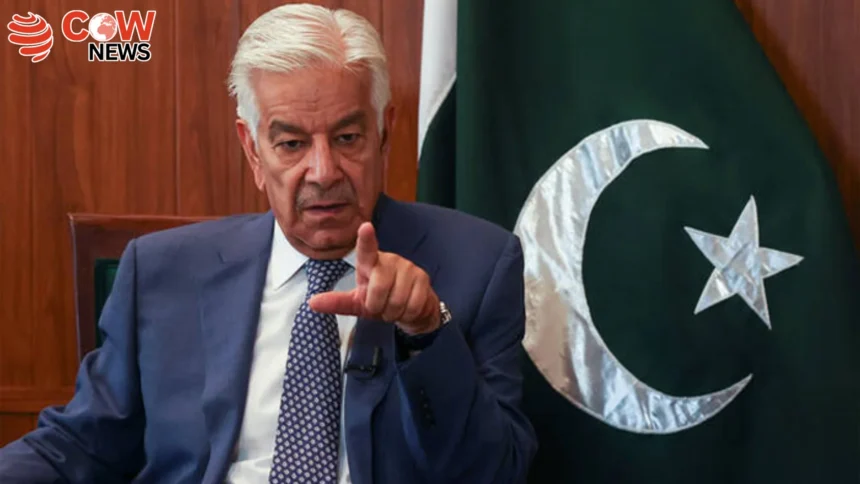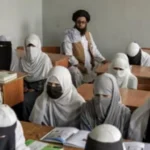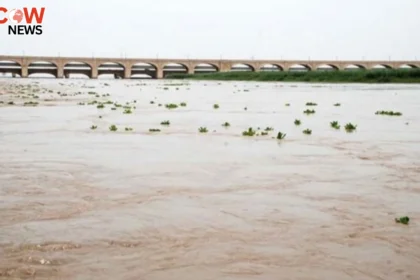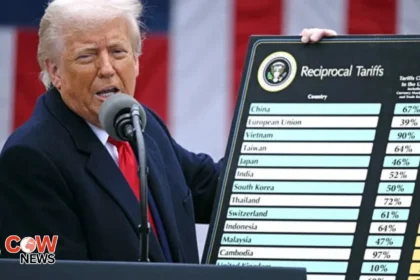ISLAMABAD( The COW News Digital) Pakistan’s Defence Minister Khawaja Muhammad Asif on Thursday accused India of orchestrating a low-intensity war against Pakistan from Afghan soil and warned that Islamabad would respond decisively if cross-border attacks persist. Asif said Islamabad possesses evidence of contacts between New Delhi and Afghan Taliban elements and portrayed recent failed talks with Kabul as proof of Kabul’s unwillingness to rein in militants.
Speaking to television and in interviews with regional media, Asif framed the breakdown of negotiations as the result of Taliban duplicity and alleged Indian support for hostile groups operating against Pakistan. He said that when a Taliban minister visited India, skirmishes and attacks intensified across the Pakistan-Afghanistan frontier — a claim he used to buttress his argument that a proxy relationship exists.
Asif issued a stark warning that Pakistan would not hesitate to use force to protect its territory if Afghan soil continued to be used for attacks. He invoked historical military analogies, stating Pakistan would again prevail in any conventional contest and hinted at “deep strikes” should provocations continue — language that underscored Islamabad’s readiness to escalate militarily if diplomacy fails.
The minister also said Islamabad remains open to diplomacy but stressed that words without action are meaningless. He indicated that temporary border restrictions and heightened military readiness are already in place while political leaders and military planners weigh next steps. Pakistani officials have repeatedly pressed international partners to press Kabul to act against armed groups blamed for cross-border attacks.
Analysts warned that such public accusations and hawkish rhetoric risk raising tensions in an already volatile region. While Islamabad cites security imperatives and presented its claims of external backing as justification for firm measures, diplomats cautioned that unilateral military action would carry significant regional risks and could draw in outside powers already invested in South Asia’s stability. Observers urged renewed third-party mediation and confidence-building measures to prevent the situation from spiralling.
As the fallout from failed talks continues, Pakistan’s leadership faces a fraught choice between diplomacy and force. For now, Islamabad projects firmness — insisting that if Afghan territory is again used to strike Pakistan, it will deliver a “powerful” response to restore security and deter future attacks.








